What do you see?
A better question might be, "what do you choose to see?”
To get out of automatic and decide to see, to be awake, is the best decision you could make for 2020.
To be totally awake. Not groggy, not zoned out, not hyper, not on automatic, merely awake and seeing.
Aware of what’s around you. Present. Seeing things clearly, hearing them as if for the first time, seeing people as unique and special.
It might pay to re-see what's already around you. Instead of a frantic looking for something new while ignoring what is right in front of you.
When the people you serve present themselves, when they offer you their attention and trust, you need to work to see them clearly. Decide to see two things:
Who they are. What do they fear, what do they believe, what do they need, what are they good at, how do they contribute?
Who they can become. Which doors can you open, how can you support them, how can you open conversations that awaken possibilities, what will they leave behind?
Therefore, at the beginning of the third week of the 2020 decade, I want to challenge you to make the choice to learn to see.
Sure, it could be difficult, but it beats the alternative. To not see. To simply accept. To not choose. To obediently follow the crowd of the blind instead.
Your choice. . .
The only way to do be your best is to realize that part of what it means to do your work and be your best is to own your choices.
One way to see more clearly is to engage in coaching. Check this article: Why do C-level executives need coaching? And then schedule a call directly with me to explore how you can benefit from executive coaching.
For relationships, some times the person closest to us the the one we most often don’t see. Don’t become blind to your relationships issues. You want to be as successful at home as you are in your business life. That’s why relationship coaching is important to keep your relationship fresh and connected.
Do you know the ideal formula for relationship success? Author and researcher Dr. Goleman insists that to survive and thrive there needs to be a ratio of 5-9 positive interactions for every negative one. How do you score? If you need help with having a healthier ratio for positivity, schedule a call directly with me.

